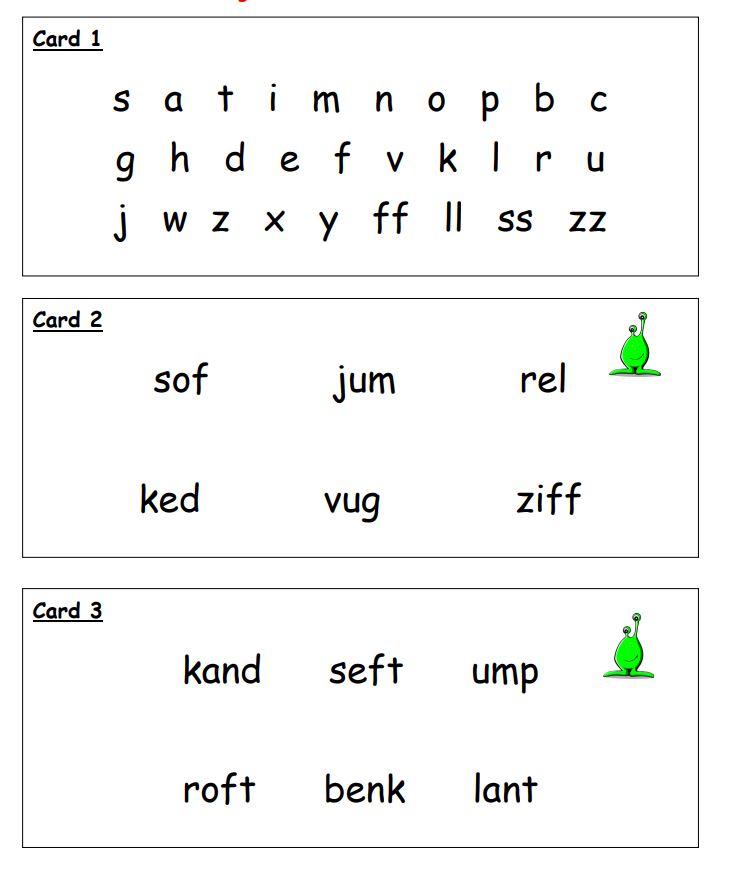Many children will have failed to reach their reading attainment last year due to missed school and the inevitable patchy learning during periods of lockdown. On top of that, we now have the ‘summer slump’ when pupils seem to have forgotten what they learnt, or do they just need a quick revision? As kids return to school in the coming weeks, teachers will be trying to assess how much learning needs to be retaught and at which point they can pick up the from last year’s learning. This will be particularly relevant to teachers of children who are finding reading difficult. These children will need more explicit teaching and extra practice to make sure new learning is safely transferred into long-term memory. For these students, identifying the appropriate starting point is essential. Start by teaching phonics they already know and you are wasting precious time. Start at a point beyond their reading skills, and they will falter. Are there specific points on the journey to reading that we should look out for?
When I meet new students in the autumn term, here are the main questions I will be asking:
- Do they know the sounds of the alphabet and do they pronounce these sounds precisely (without adding schwa sounds to consonants)?
- Can they blend three sounds into a word?
- Can they segment and spell three sounds into a word?
- Can they blend words with four and five sounds? (words with adjacent consonants, e.g. ‘send’, ‘grab’, ‘print’)?
- Can they segment and spell words with four and five sounds?
- Can they remember a number of alternatives for vowel sounds, e.g. ai, ay, a-e for the sound /ae/? Which graphemes have they forgotten or not been taught?
- Can they form their letters correctly?
A short assessment can give the teacher a quick overview of the gaps in student’s phonic knowledge and skills. This will give the teacher a clear indication of where to start. Did you know we offer a quick assessment that will highlight where the student is and how to match decodable books to her/his level of reading? Check it out!

Click here to find the UK version of this assessment.
#teachphonics #strugglingreaders #structuredliteracy #readingspecialist #readingtutor

